6 Top Strategies for Effective Parent Partnerships in Early Years
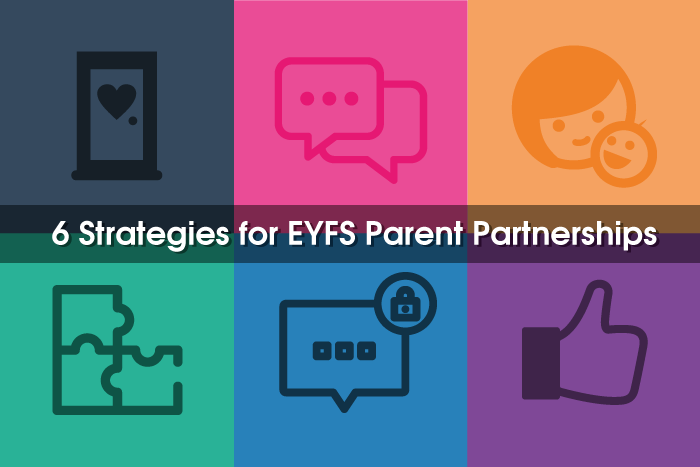
Building strong partnerships with parents and carers is an integral aspect of fostering a high-quality early years education that meets Ofsted requirements. The Early Years Foundation Stage (EYFS) framework emphasizes the importance of positive relationships between practitioners, parents, and carers, recognizing that a collaborative approach enhances children's learning and development. By engaging parents and carers as active partners in their child's education, early years practitioners can create a supportive and nurturing environment that promotes growth, development, and lifelong learning.
In this article, we will discuss six practical ways that early years practitioners can develop strong partnerships with parents and carers to meet Ofsted requirements and align with the EYFS framework.
1. Create a Welcoming Environment
A welcoming environment is key to building trust and rapport with parents and carers.
- Display information about events, achievements, and news on a notice board in the entrance area.
- Provide a comfortable waiting area with refreshments, books, and toys.
- Personalise children's artwork on display with their names to help parents and carers feel connected to their child's learning.
2. Establish Open and Clear Communication Channels
Effective communication is essential for building strong partnerships with parents and carers.
- Use an app or software like Famly or Tapestry to send regular updates, share photos and videos, and keep parents informed about the daily routine.
- Schedule regular meetings or parent-teacher conferences to discuss children's progress and concerns.
- Implement a suggestion box for parents and carers to share their feedback, ideas, and concerns.
3. Involve Parents and Carers in the Learning Process
Involving parents and carers in the learning process can enhance children's learning and development.
- Provide home-learning resources and activities for parents and carers to do with their children.
- Host parent workshops or information sessions on topics such as child development, behaviour management, or learning styles.
- Invite parents and carers to participate in activities or events, such as parent and child cooking sessions, sports days, or celebrations.
4. Collaborate with Parents and Carers
Collaboration between practitioners, parents, and carers can improve outcomes for children.
- Work in partnership with parents and carers to identify children's needs, set goals, and plan activities.
- Invite parents and carers to contribute to policies and procedures or join a parent and carer forum or committee.
- Support parents and carers to access external services or resources, such as speech therapy or family support.
5. Maintain Confidentiality and Respect
Maintaining confidentiality and respect is crucial for building trust and positive relationships with parents and carers.
- Obtain consent before sharing any personal information or photographs, and ensure sensitive information is stored securely.
- Respect parents and carers' opinions and beliefs, avoiding assumptions or judgments.
- Respond promptly and professionally to any concerns or complaints raised by parents and carers.
6. Seek Feedback from Parents and Carers
Seeking feedback from parents and carers is a valuable way to improve communication and build strong partnerships.
- Conduct regular surveys, focus groups, or feedback forms to gather parents and carers' views and ideas.
- Use feedback to identify areas for improvement and inform the provision's development plan.
- Celebrate successes and achievements with parents and carers, and share how their feedback has been used to improve the provision.
Overall, building strong partnerships with parents and carers is essential for creating a supportive and nurturing environment that fosters children's learning and development in line with the Early Years Foundation Stage (EYFS) framework. Implementing these six practical strategies will help early years practitioners meet Ofsted requirements and promote positive relationships and effective communication between practitioners, parents, and carers.
Other Articles
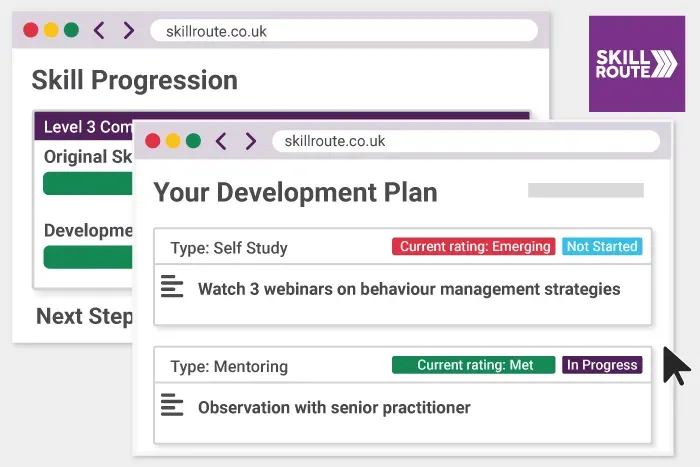
Can My Level 2 Staff Be Left Alone with Children? (2025 Ratio Rules Explained)
May 21, 2025
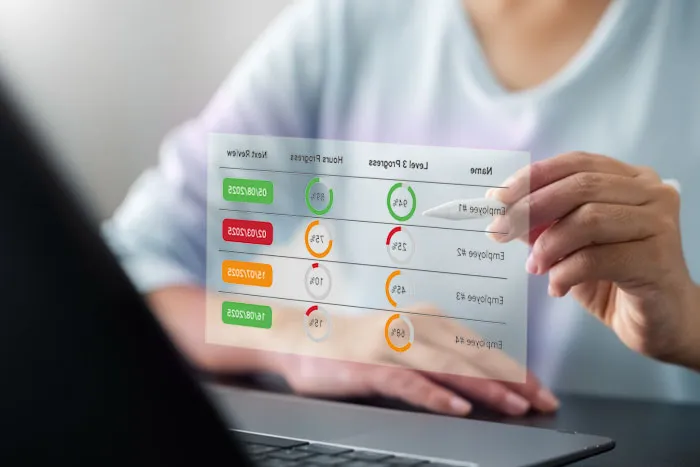
Understanding Ofsted's New Experience-Based Route for Early Years Staff
February 5, 2025
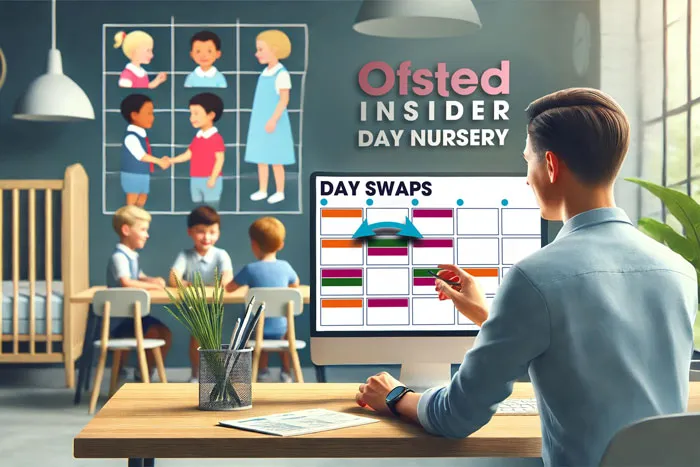
Are Day Swaps a Good Idea for Your Nursery? A Guide for Owners and Managers
December 11, 2024

Ofsted’s Grading Changes: Impact on Nurseries
September 3, 2024

Nursery Staff Meeting Activities: Scenario Analysis and Role-Play
June 18, 2024
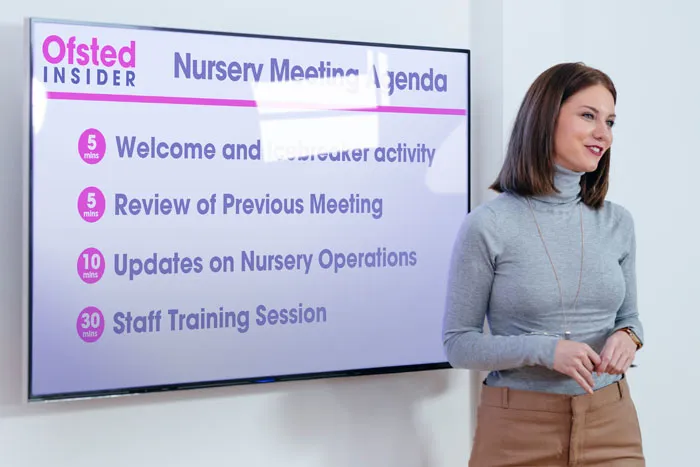
How to Write a Staff Meeting Agenda for Nursery Settings
June 18, 2024
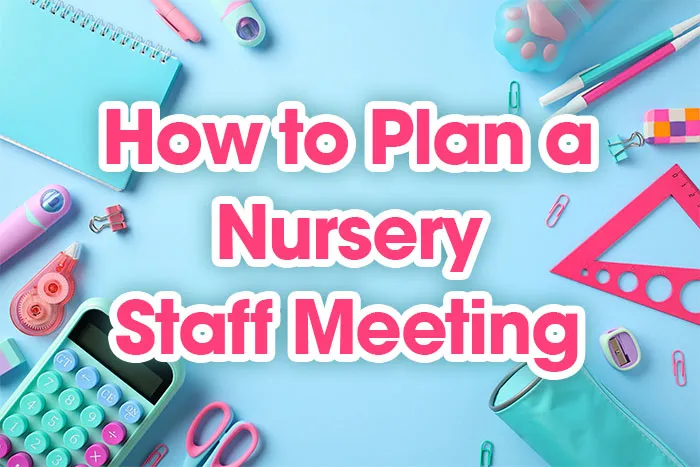
How to Plan a Nursery Staff Meeting
June 18, 2024
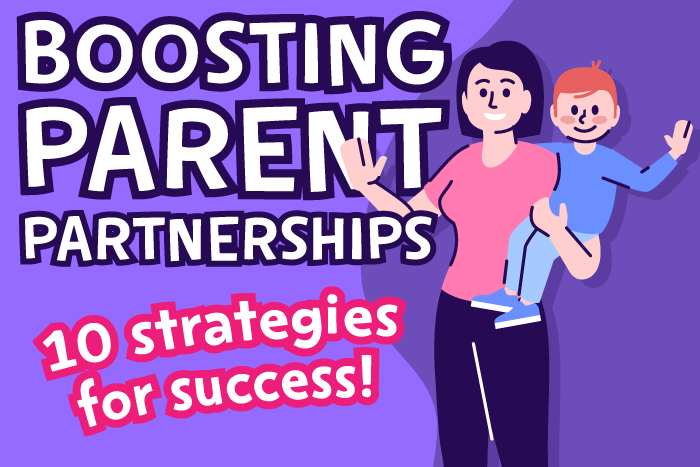
Boosting Parent Partnership: 10 Strategies for Nursery Success
May 10, 2024
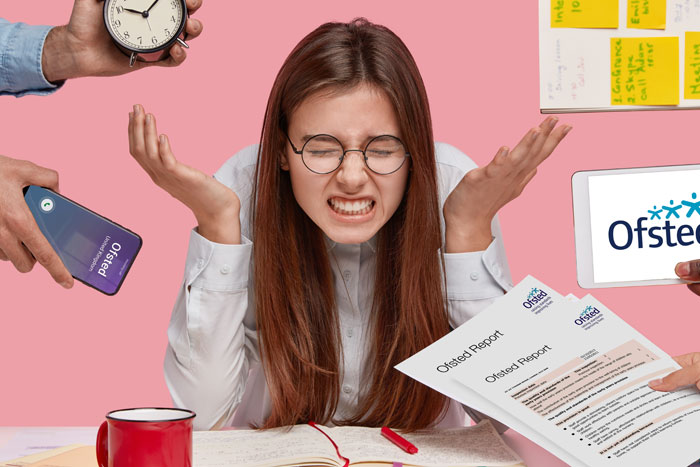
EYFS 2024: What's Changing? Find out and take the quiz!
November 25, 2023

White Noise for Sleeping Babies: Pros, Cons, and Tips
October 24, 2023
 © Copyright 2021 - 2025. All rights reserved.
© Copyright 2021 - 2025. All rights reserved.